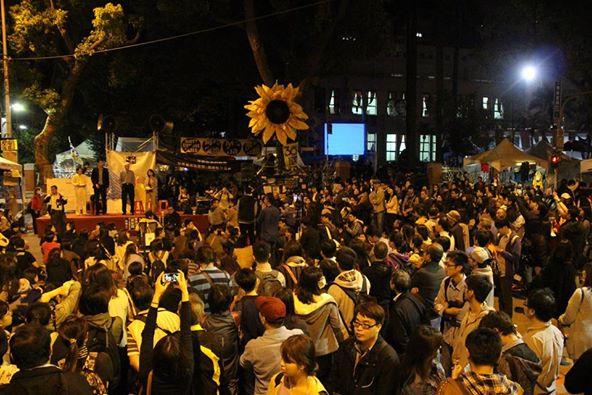Excerpts from a speech delivered outside Taiwan’s Legislative Yuan, Taipei, on April 8, 2014.
Dear fellow democrats,
Permit me to congratulate the many thousands of you for having demonstrated your principles to be outside the Yuan every day for almost three weeks in rain and shine. I understand that public support for your “Sunflower Student Movement,” the coalition of students, academics, civic organizations and others, has been building since March 18, and that there was a huge citizen rally—some say as many as half a million—here in the capital on Sunday last week.
The Taipei media indicates today that the students will leave the Yuan on Thursday, thanks to the courage and integrity of Speaker Wang Jin-pyng. Permit me as a former Deputy Speaker of Canada’s House of Commons (1993–1997) to say how proud his public service above any partisan interest no doubt makes all independent speakers around the world.
Taiwan has become one of the strongest practitioners of multi-party democracy, pluralism, the rule of law, human dignity/equality, freedom of speech/assembly and independent media in Asia. You, as citizen protesters, are also part of a developing vigorous democracy model with Taiwanese characteristics.
Those impatient with the standoff between yourselves and the government perhaps forget that young people are likely to be affected longest and hardest by any trade agreement in services or anything else with the party-state in China. You are also worried about the indirect impact of the proposed agreement on jobs in sectors other than services across Taiwan.






